When and how to start brushing your baby’s first teeth by Dr Gaynor Langley
This is the second, in a series of articles by the very well regarded Dentist, Dr Gaynor Langley.
Dr Gaynor Langley is a dentist in Central London. She owns and works with her team in a high-end, private family dental practice at 38 Devonshire Street. Central to their ethos is the concept of “prevention”. She has been in private practice for almost 25 years and has treated hundreds if not thousands of children in her career so far. She is a mother of four, her children now ranging in age from 12 to 21 years, and so fully understands and appreciates the delights and challenges of parenthood!
We asked Gaynor to present a series of articles to give you the information you need to ensure healthy teeth for life for one of the most important people in your life, your baby/child. Her aim, is that the “Babes in the Woods” grow up with perfect, healthy and beautiful teeth.
Tooth brushing
I am often asked by parents about tooth brushing. The first question is “how soon should I start brushing my baby’s teeth?” The only answer is “As soon as they appear”.
Many children absolutely love having their teeth brushed but equally, many don’t.
The issues with tooth brushing are as follows:
Twice daily your child’s teeth should be brushed using a toothbrush with a small compact head (they have very small mouths and teeth), a pea sized blob of preferably fluoride-containing toothpaste. They should be brushed until clean – this would normally take a minute or two. This is all very well if your child is a co-operative little angel that sits still and follows your every instruction, but what happens if your little angel sees you reach for the tooth brush and goes into lockdown or even better, meltdown? Whereas they have seemingly had their mouth open all day, it now becomes tightly shut and if you dare put your fingers anywhere near you run the risk of having them bitten off. Then there’s the ‘screaming blue murder’ and ‘hands over mouth while thrashing the head vigorously from side to side’ technique!
All of this serves to make you feel cruel, and often at this point the responsibility for tooth brushing is delegated to the child who then proceeds to chew the brush and you tell yourself (quite understandably) that you have done your best and the job is done. Well is it? Not really, in fact not at all and if this remains the routine: there will be trouble.
My view is that you would no more allow your under-five to brush their own teeth, than you would allow them to (well in the days where we did write rather than type) pen the application letter to their prospective primary school. In fact quality of handwriting is a very good guide in terms of dexterity – most children need help from an adult with brushing their teeth until the age of 7-8 years. Up to five it should, in my opinion, be the parent’s sole responsibility. From 5-8, they do it, and then you do it after to check it is done properly.
At the risk of being patronising, this does of course assume that all parents know the perfect technique for brushing their child’s teeth, and the reality is that many (in fact most) people have never been shown by a dentist or hygienist what to do – rather they have continued with the technique taught by their own parents and so on. This is not necessarily a recipe for success.
My recommendation is that early in your child’s dental life you do take the time to visit your dentist. At the very least have them show you how to brush your child’s teeth and discuss in detail the aims with regard to diet, so that you start with the right aim at least. Of course whatever you learn may equally benefit you.
I personally found a good electric toothbrush such as the Philips Sonicare (using the small head) or the Braun Oral B very handy when my own children were small. There is no need to seek out a gimmicky, child’s brush either. A good middle of the range adult electric brush is best of all. This at least ensures that if you are saddled with a bit of a fight at tooth brushing time, you are likely to have a more productive time of it. If you choose a manual brush the key is a small compact head.
Why do we insist on tooth brushing?
If plaque bacteria and food remnants are allowed to remain on the teeth for any length of time, it is inevitable that decay will get a hold. Up to the age of 5 it can be extremely difficult to fill the teeth of a conscious child (especially a conscious child who objects to having their teeth brushed). Picture the task for the dentist where they need complete co-operation to drill a neat hole in a tooth, remove the decay and then fill precisely whilst your child sits absolutely still with their mouth open for a period of 10 minutes or more – does that sound realistic? The reality is that small children with tooth decay often need to have treatment done under general anaesthetic – is this something you want to risk? So every time you feel cruel for insisting on tooth brushing, remember the consequences of not.
Useful methods with the reluctant small child
Often this is best done as a two-person technique where one person distracts and the other gets on with a jolly good brushing.
I used to count, tell stories, recite nursery rhymes, sing songs, tickle until they laugh then nip in there with that brush. If all else fails and they simply insist on screaming blue murder – get in there as efficiently as you can. Two of my children were angels at tooth brushing time and two were wriggly little monkeys that enjoyed the irony of their dentist mother feeling like a total failure – but persistence won through and the battle did not continue for long once they realised that negotiation was not on the cards.
I hope this has been helpful – if you want any further help please do call. The take home message is that tooth brushing is a non-negotiable activity and it is best to know the right technique early on so that you avoid the problems.
Dr. Gaynor Langley
Website: www.38devonshirestreet.co.uk
Telephone: +44 (0)20 7935 5354



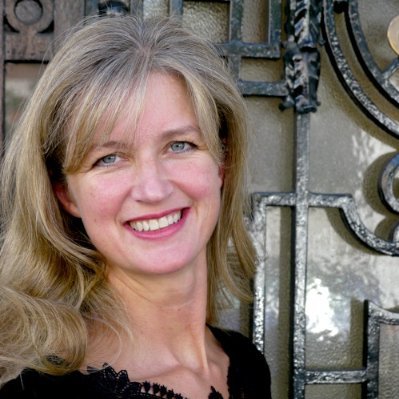
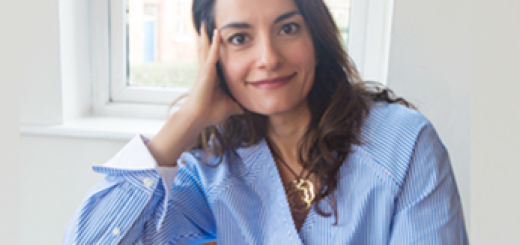
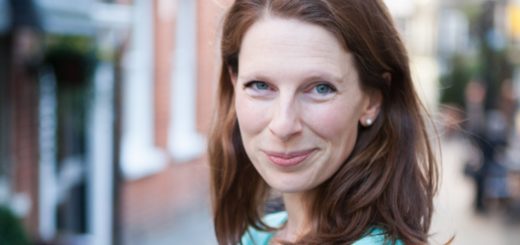
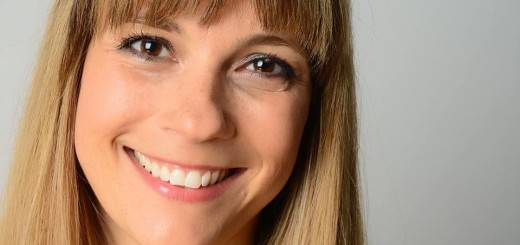
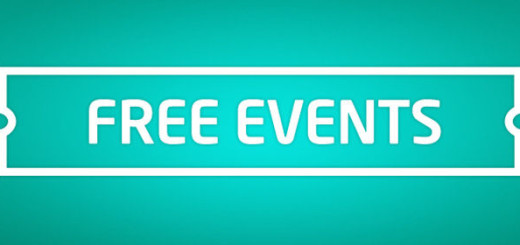
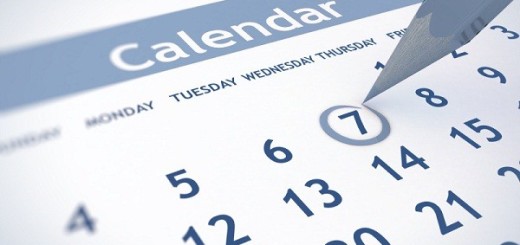


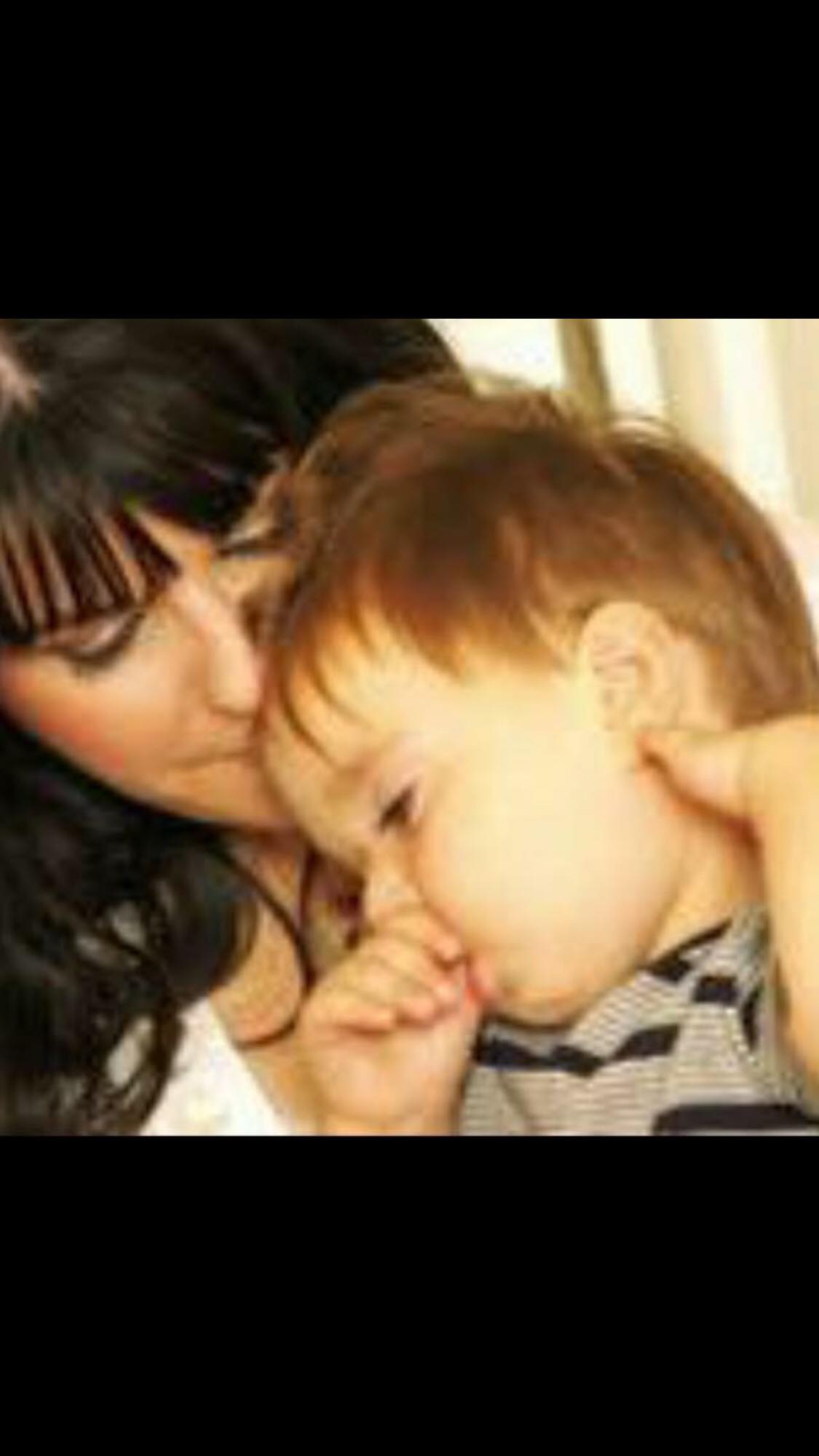
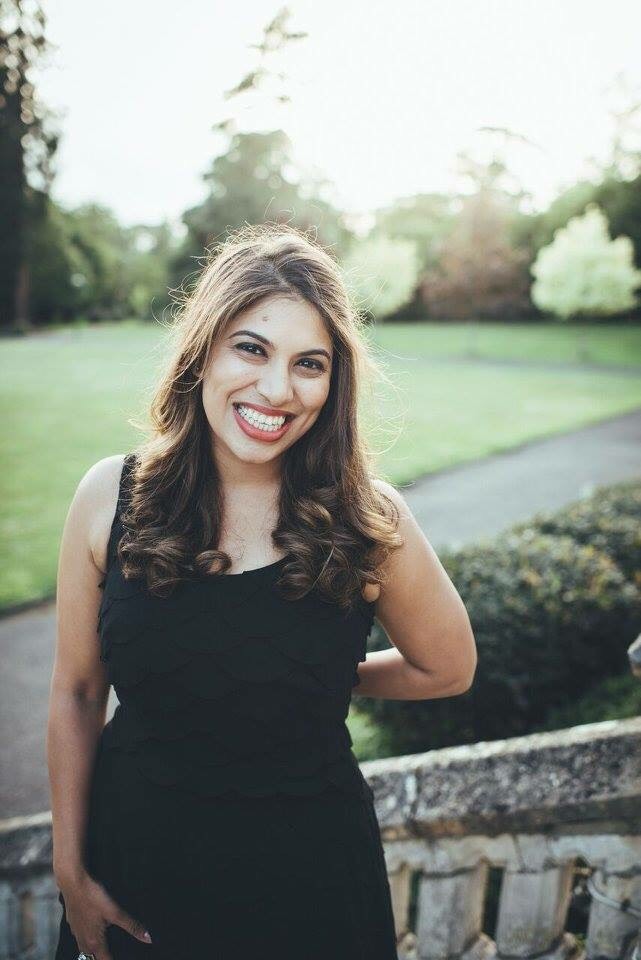
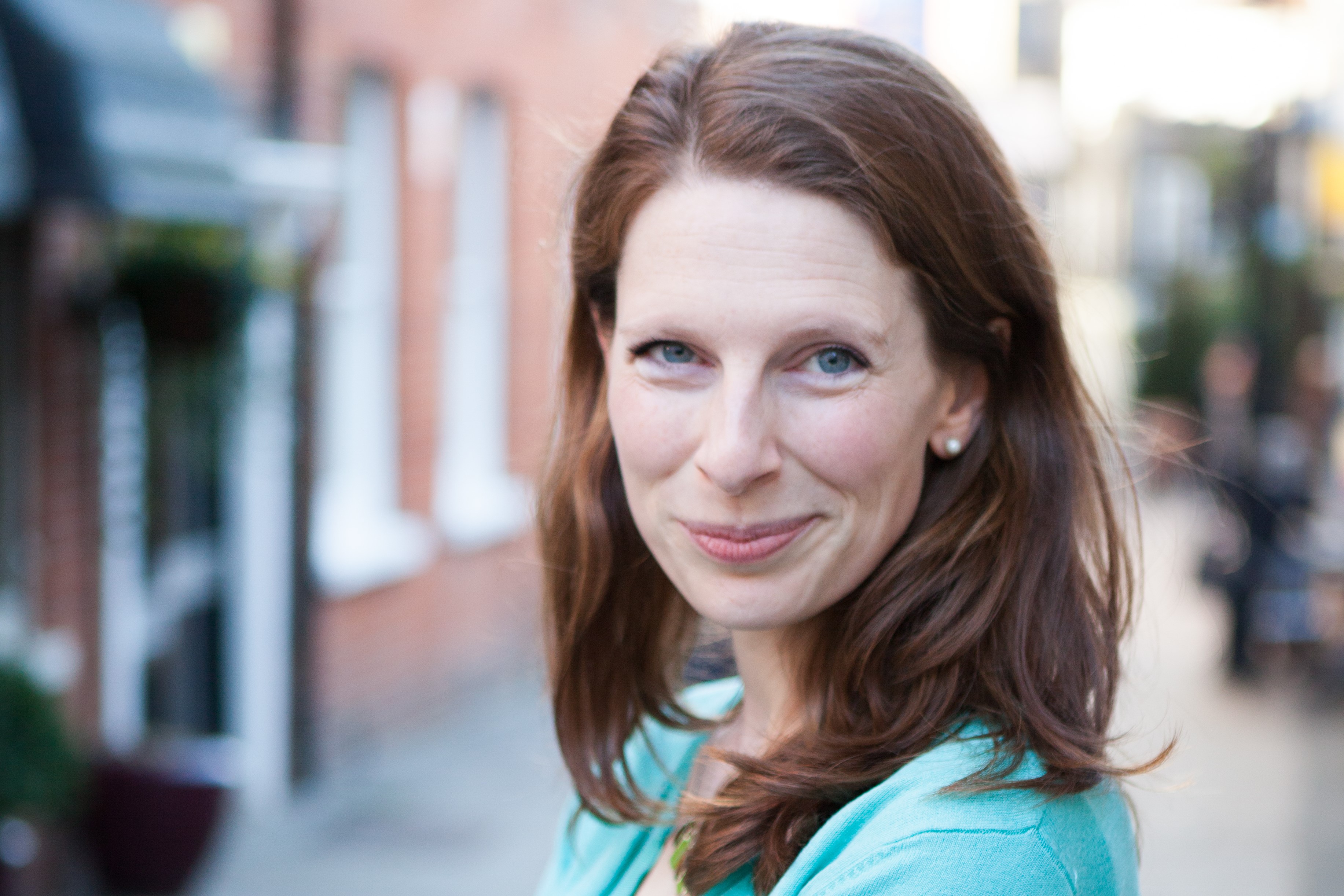
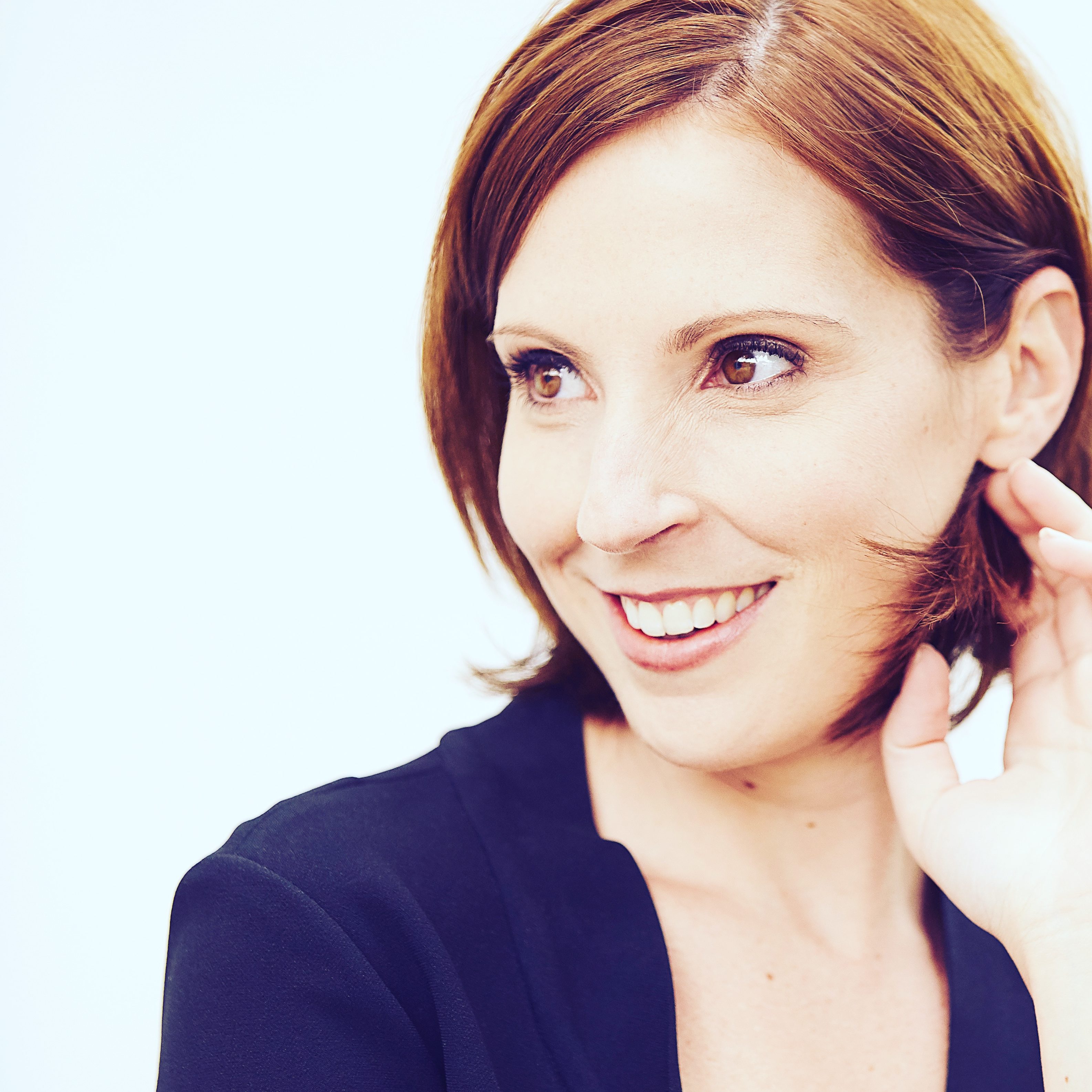
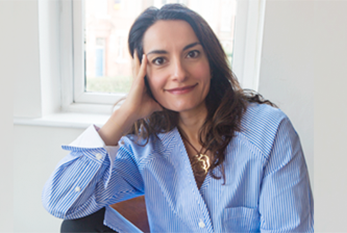
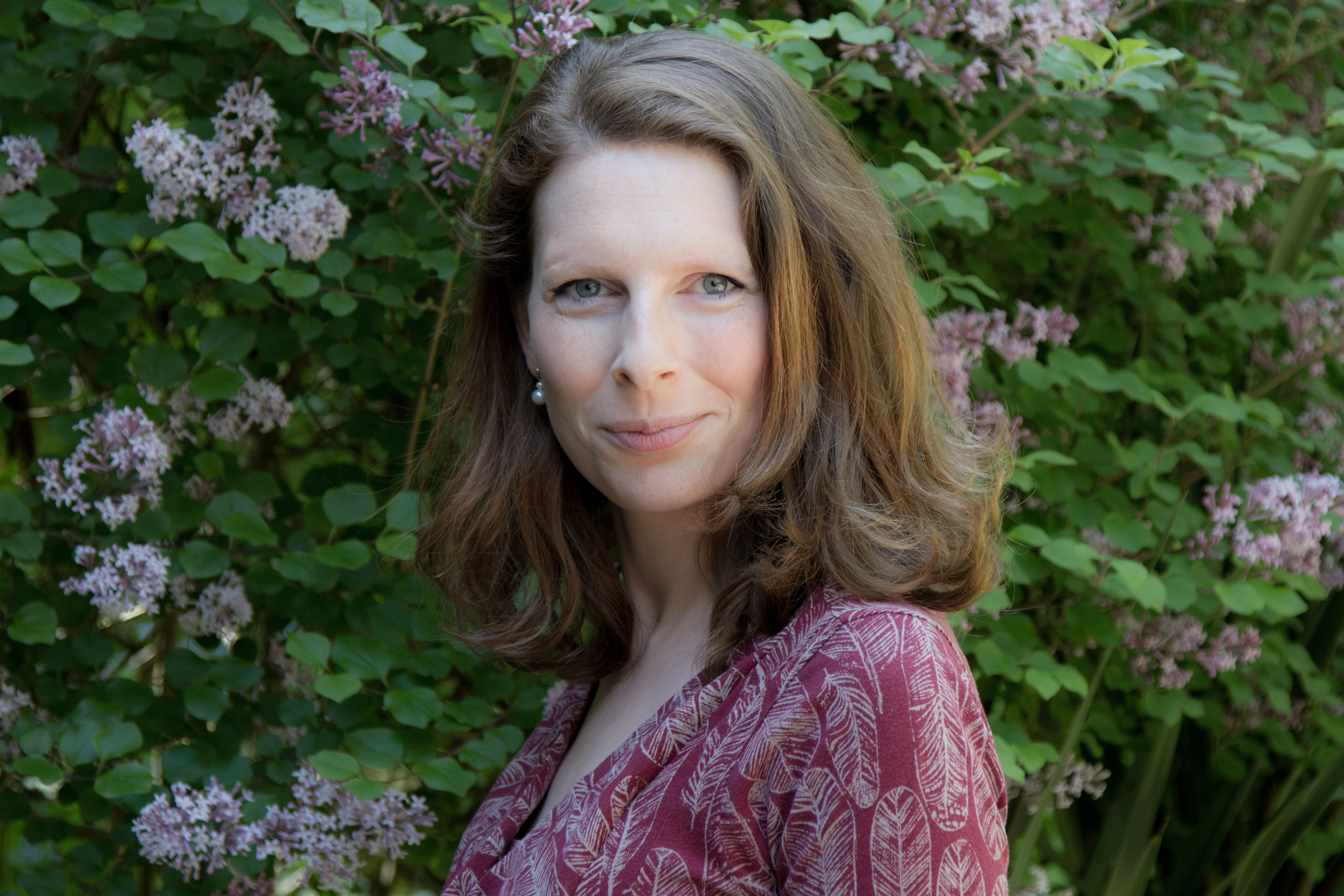

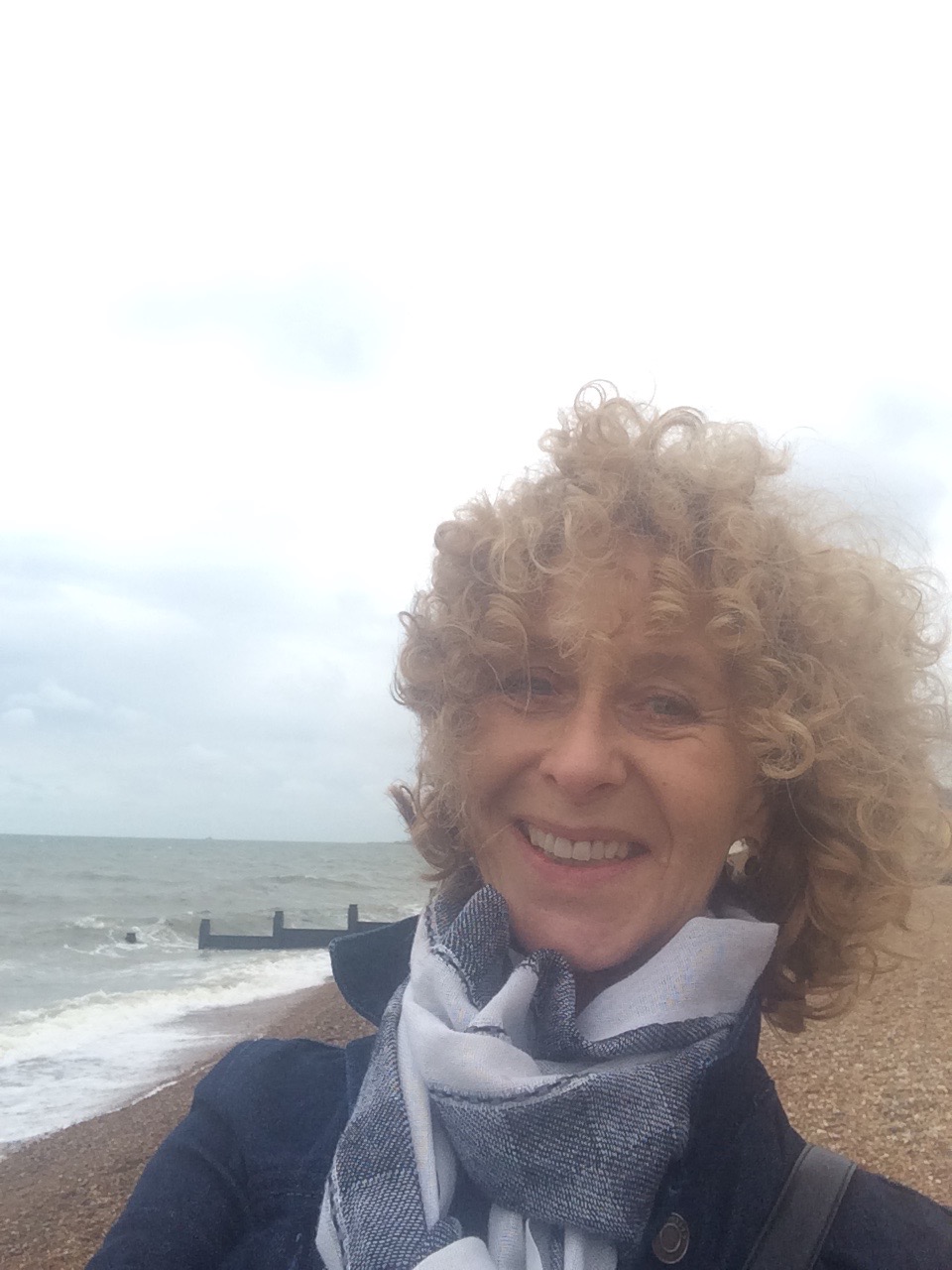
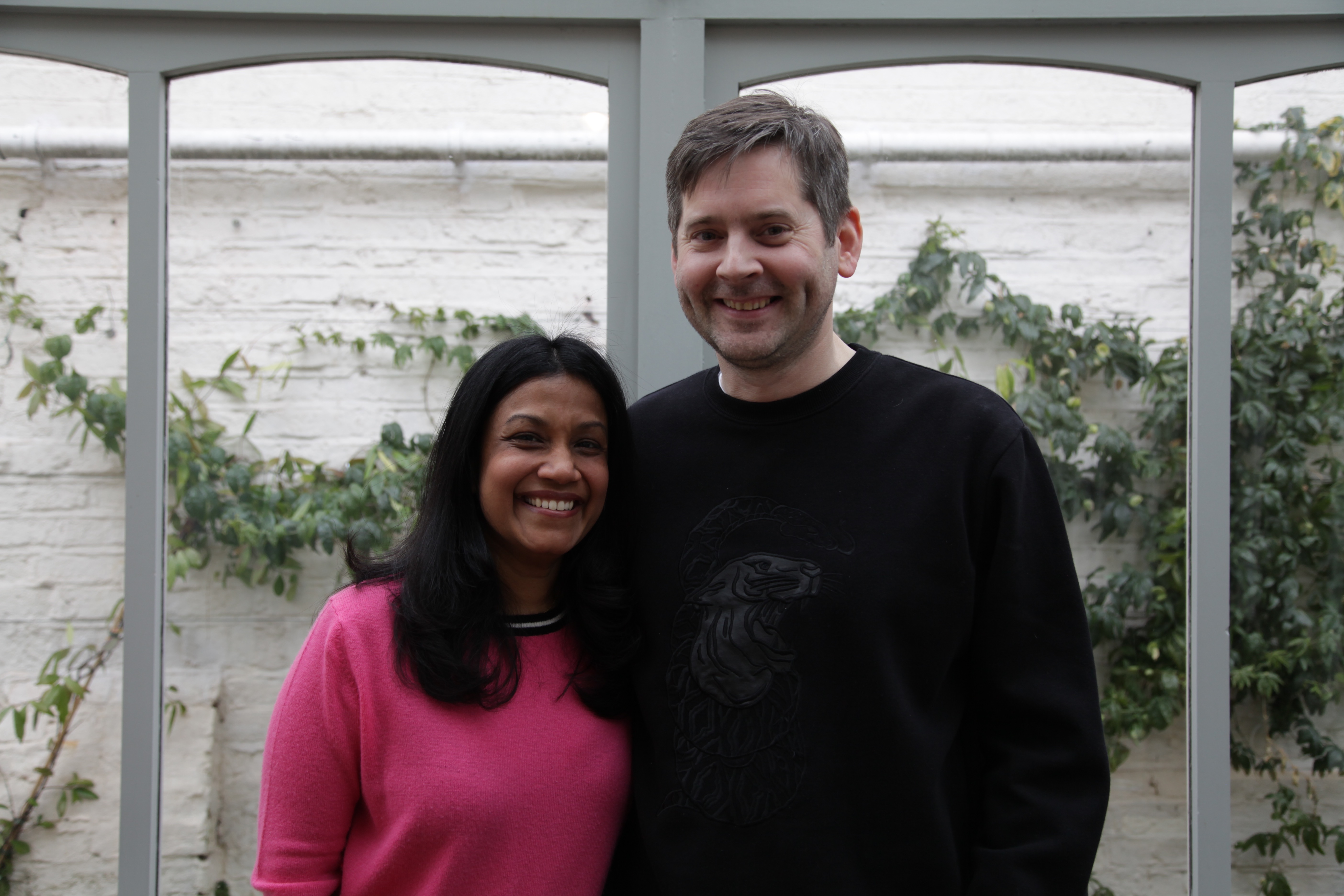
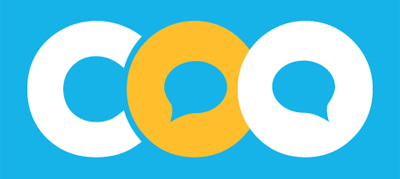
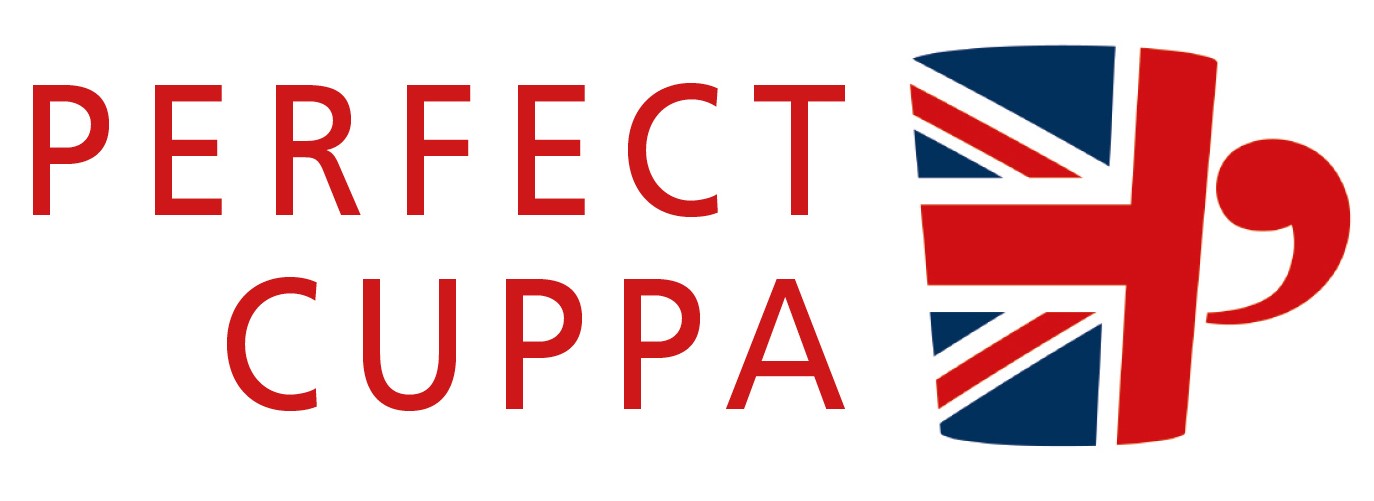


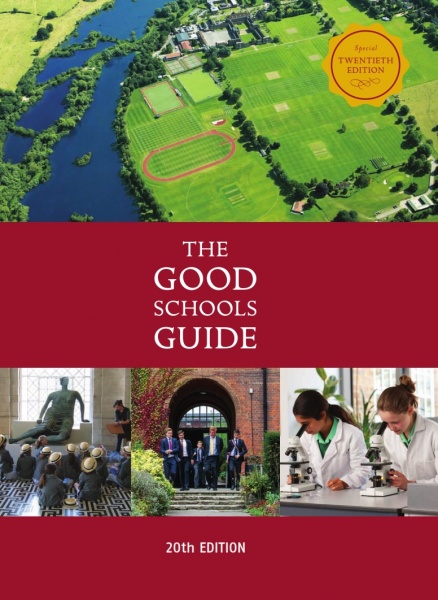
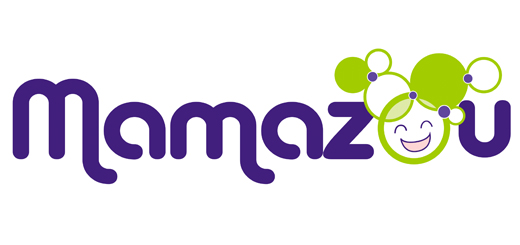

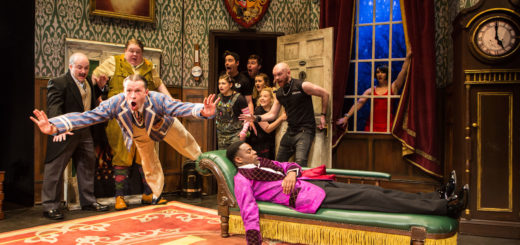
Quick question – from the above, are you suggesting I use an electric toothbrush with toothpaste on my 11 month old who has 6 teeth? Really..?
Charly, I have referred the question to her and she will respond shortly. Thank you for asking.
Also, when its bedtime, say with a 9 month old, are you supposed to have their milk before brushing their teeth? Since mostly my daughter falls asleep right after her milk ..
Charly, Gaynor has come back to me and said the following: “Yes, with care but no reason why not to. I did with my own kids.” If it is difficult to, you will note that she has suggested in her article, that if you use a manual toothbrush, you should use one with a small head.
Ruth, you probably should not let your daughter have any food after brushing her teeth for the night. The last thing you should do at night before she goes to sleep, should be to brush her teeth. If you do let her have her milk after brushing, the plaque bacteria and remnants of the milk will stay on her teeth right through the night and this could have a detrimental effect.
Thanks very much for responding 🙂 I will certainly think on it.
No worries and good luck. 🙂
Try not to worry if it takes him a while to get the hang of it. The idea is to gradually teach your baby good toothcare habits that will last a lifetime. Choose a toothpaste that doesn t have a tasty, fruity flavour, so your baby learns that toothpastes aren t food.